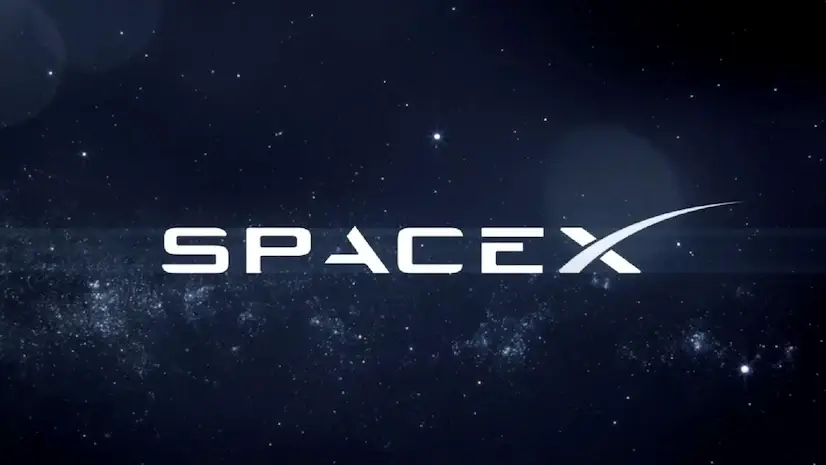Starlink, the satellite internet venture of Elon Musk's SpaceX, has secured regulatory approval to launch its services in India. This clears the path for Starlink to provide high-speed, low-latency internet access across the country, particularly in remote and underserved areas where traditional broadband infrastructure is lacking.
The Indian National Space Promotion and Authorisation Centre (IN-SPACe), which oversees private sector participation in India's space sector, has granted Starlink the final authorization required for commercial operations. This approval is valid for five years, expiring on July 7, 2030. Securing this clearance positions Starlink as the third company to receive full regulatory approval to provide satellite communication (Satcom) services in India, following OneWeb and Reliance Jio.
While this regulatory nod is a significant milestone, Starlink still needs to fulfill certain requirements before launching its services commercially. The company must acquire spectrum from the Department of Telecommunications (DoT), establish necessary ground infrastructure like gateways, and complete security and compliance procedures. After securing the final approval, Starlink can apply for a test spectrum for service demonstrations.
Market entry for Starlink in India has been anticipated since 2021. However, the company faced challenges when it began accepting orders before receiving the necessary approvals, leading to a government directive to refund customers. Now, with all major regulatory hurdles cleared, Starlink is closer than ever to providing satellite-based, high-speed internet connectivity to homes and businesses across India.
Starlink's services are expected to particularly benefit rural, mountainous, and disaster-prone regions where deploying traditional fiber-optic cables is either too expensive or not feasible. By utilizing a network of low-Earth orbit (LEO) satellites, Starlink aims to deliver seamless broadband access to households, businesses, schools, and emergency services, enabling new opportunities for education, commerce, and innovation. Starlink's Gen1 constellation comprises 4,408 satellites designed to deliver a throughput of approximately 600 Gbps over India.
Although the official pricing for Starlink's services in India is yet to be announced, reports suggest that the standard hardware kit, including a satellite dish, stand, Wi-Fi router, and cables, could cost around Rs 33,000. Monthly subscription plans with unlimited data usage are expected to be priced between Rs 3,000 and Rs 4,200. These prices align with the company's pricing strategy in neighboring countries like Bangladesh and Bhutan.
Recently, Airtel and Jio have partnered with Starlink to introduce its high-speed satellite internet services in India. The company will utilize the extensive dealer networks of both telecom operators to market and distribute its offerings across the country.
Industry experts believe that Starlink's entry into the Indian market could transform connectivity for millions, bridging the digital divide and supporting the government's Digital India vision. With the necessary approvals in place, Starlink is now one step closer to making this vision a reality, potentially launching its services in India by late 2025 or early 2026.

















